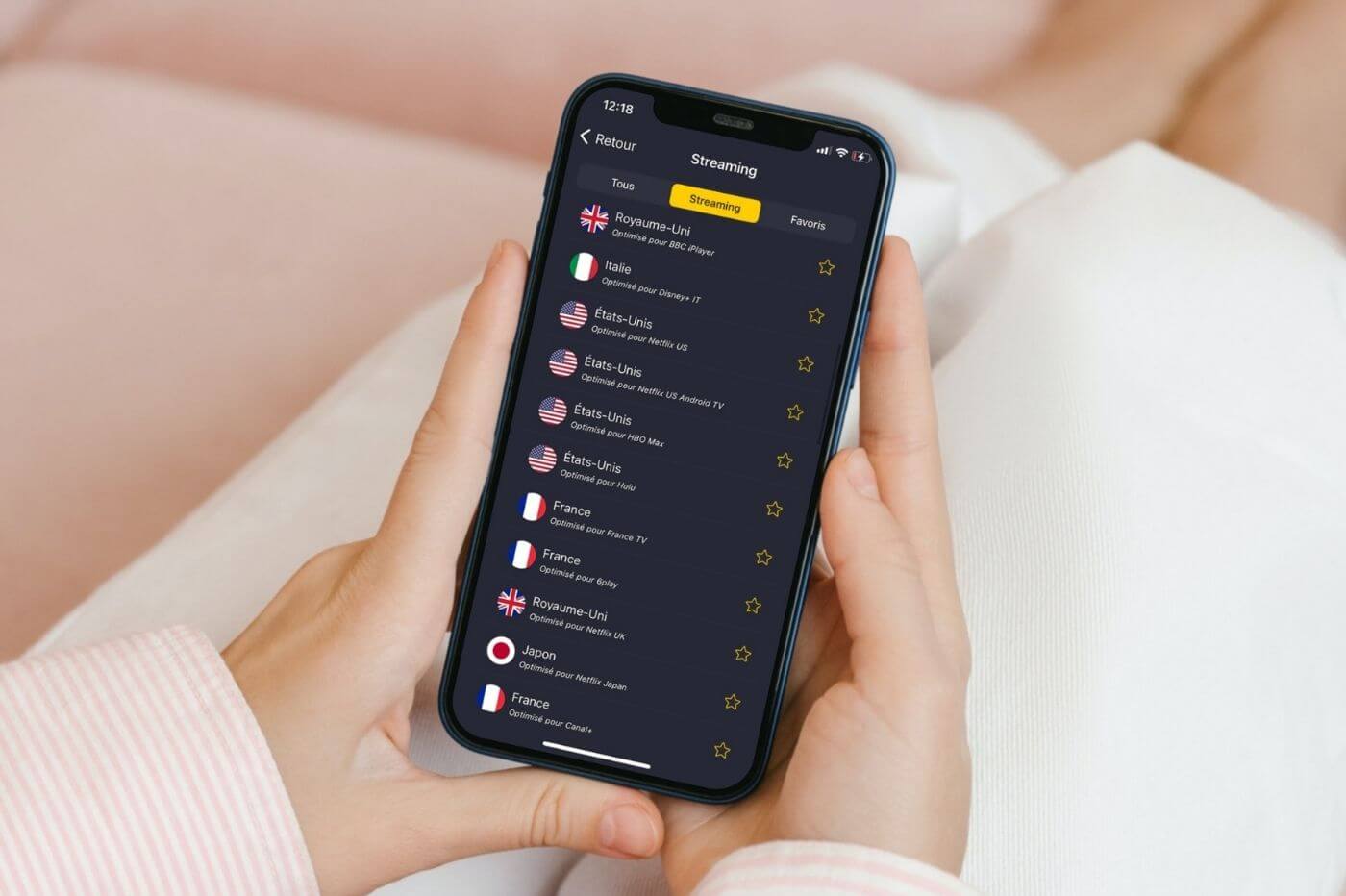
The development of people and virtual workers is becoming a quite lucrative business in china, to the point that there are companies that are already paying several thousand dollars a year for the hiring of virtual workers. According to Baidu, the number of virtual staffing-related projects it is working on has doubled in a year, and companies pay between 2,800 and $14,300 a year for enlisting the services of a digital employee.
These workers, according to CNBC, are a combination of animation, sound technology and machine learning, capable of actions ranging from singing to interacting in a live chat. Among the companies that hire their services are financial services companies, local tourism entities and state media. Meanwhile, the technology that develops them is improving, and the costs of creating them have fallen by about 80% since 2021. According to Baidu data, the virtual staffing sector is expected to grow by 50% per year until 2025.
An example of its growth and expansion is in the city of Beijing, which last August announced a plan for the development of a municipal virtual people development sector until 2025. Meanwhile, several central government ministers detailed a plan to incorporate more virtual reality. Among them, in the sectors related to communication and manufacturing. And the country’s latest five-year plan, announced last year, included a section calling for greater digitization of the economy, as well as augmented and virtual realities.
As we have mentioned, the communication sector is very interested in the use of virtual staff and how to generate content with it. Also Chinese brands, which are looking for alternative spokespersons after many celebrities have been plagued by personal scandals and tax evasion.
Meanwhile, in the country’s society, according to Kantar, at least 36% of consumers have seen the representation of a virtual influencer or a digital celebrity in the last year. Another 21% have seen a virtual person present a news program, or an event. And by 2023, 45% of advertisers say they are likely to use a virtual influencer or invite a virtual person to join their brand event.
Many of China’s big tech companies have already developed products related to the virtual human creation sector. One of them is the creator of the video and game streaming app bilibilione of the first to popularize the virtual persona industry in China.
This company kept the equipment that developed the virtual singer Luo Tianyi, whose image and sound are artificially generated. Last year, its creators improved the texture of his voice with an artificial intelligence algorithm for the singer, launched in 2012 and who has almost 3 million followers and has even performed at the opening ceremony of the Winter Olympics in Beijing, held last year.
Bilibili also has many “virtual presenters”, which are avatars of people using special technology. According to the company, since 2019, 230,000 virtual presenters have begun to broadcast from its platform, and the broadcast time of virtual presenters increased by 200% between 2021 and 2022.
Tencent is another of the big ones that is advancing in the sector. In their last presentation of results, their spokespersons pointed out that Tencent Cloud AI Digital Humansits division in charge of this, is in charge of providing chatbots to companies in the financial services and tourism sectors so that they have automated customer support. Next Studiosanother of its subsidiaries, has also developed a virtual singer and a digital sign language interpreter.



